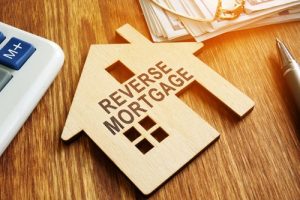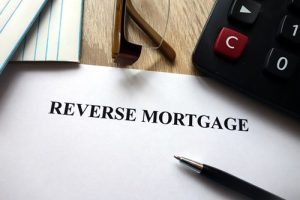
As time passes, reverse mortgage loans have gained popularity among older homeowners. This financial option allows them to access their home equity. However, even though the benefits are clear, there are still concerns about how it might affect the legacy you wish to leave behind for your children.
How Reverse Mortgage Loans Work
To begin with, it’s essential to understand how reverse mortgage loans work. In essence, this type of loan allows homeowners aged 62 and older to convert a portion of their home equity into cash. This cash can be received as a lump sum, regular monthly payments, or a line of credit. Importantly, unlike traditional mortgages, this type of loan does not require monthly repayments.
Read More Understanding Reverse Mortgage Loans and Their Impact on Your Legacy









 A reverse mortgage loan offers senior homeowners a way to leverage their home equity, providing financial flexibility and enhancing their retirement experience. This article explores this concept and highlights ten ways older homeowners are using this financial tool.
A reverse mortgage loan offers senior homeowners a way to leverage their home equity, providing financial flexibility and enhancing their retirement experience. This article explores this concept and highlights ten ways older homeowners are using this financial tool.